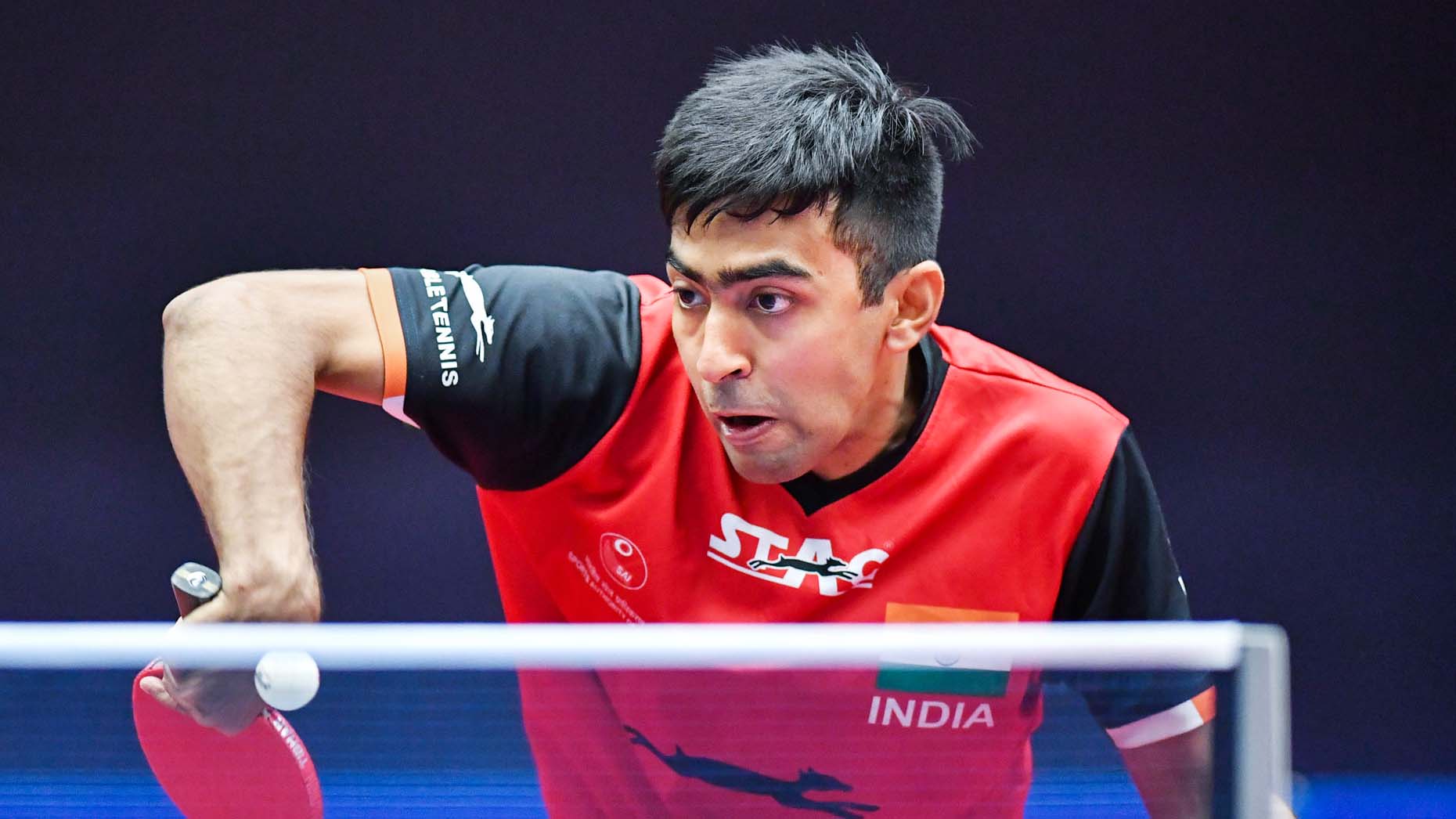While there are differing accounts of its origin story, no one disputes that table tennis is a British invention. A century ago, Her Majesty's domain was at its peak, controlling nearly a quarter of all the land on earth. With this control came cultural influence, including an appreciation for table tennis. It was said that the sun never set on the British Empire. Colonialism itself, however, began to decline as territories such as India, Nigeria and Singapore gained independence in the mid-20th century. While no longer bound by a common yoke, these former British territories are now united by a shared love of sport. The 2019 Commonwealth Championships in Cuttack, India proved this connection to be as strong as ever. Here, former British colonies gathered for the quadrennial table tennis championships. The team competition ran from July 17th to 19th, with a dozen nations in attendance. Manika Batra led the Indian women's team to its first ever gold medal, first avenging a loss in the 2015 final to Singapore in the semis. Facing England in the final, Batra and teammates Madhurika Patkar and Archana Girish Kamath removed all doubt with a perfectly efficient 3-0 scoreline. Singapore would claim bronze over Nigeria. The historic win was bittersweet for Batra, however, who was forced to withdraw from the subsequent singles event due to illness. "I developed cough and fever and I felt really dizzy and weak, so had to take the unfortunate decision,” said Batra of her Pyrrhic victory. “I pushed myself in the teams and we won, so I am happy after winning a gold medal in teams.” For the Indian men, the campaign was less costly but more dramatic. Led by stars Sathiyan Gnanasekaran and Sharath Kamal Achanta, they strode into the final after a 3-0 dismissal of Singapore. There, they faced an England team absent the services of Liam Pitchford or Paul Drinkhall. Perhaps overconfident, India's two stars proceeded to drop their first two matches. Down 0-2, it was time for Harmeet Desai (pictured) to shine. Facing England's David McBeath, he too fell behind one game to two before rallying to save the day for India, (4-11, 11-5, 8-11, 11-8, 11-8). Given new hope, Sathiyan Gnanasekaran then scored the equalizer against Tom Jarvis. This win set up his teammate Sharath Kamal Achanta for heroics against Samuel Walker, as India rallied to escape 3-2. As in the women' teams event, Singapore would console themselves with a bronze medal, this one at the expense of Malaysia. As table tennis is now a truly global sport, with 226 member nations in the ITTF. Many of these nations share a colonial past, as colonists, colonies or both. While England no longer controls such vast portions of the earth, its influence is reflected in language, culture, politics and sports around the world. At the 2019 Commonwealth Championships, this colonial influence proved decisive as England was literally beaten at its own game.
More at ITTF
